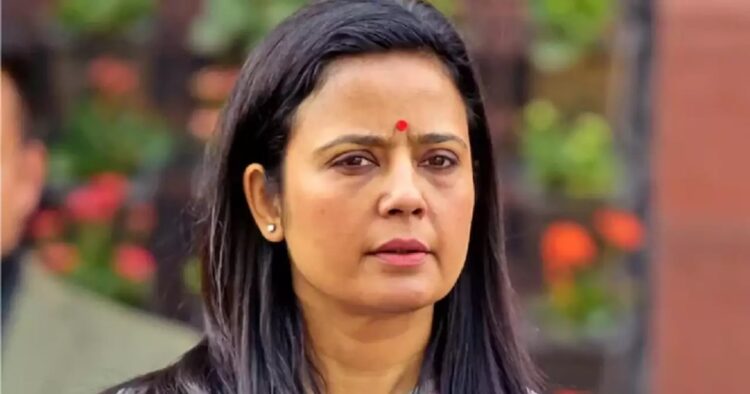In a recent development, the Delhi High Court has dismissed Trinamool leader Mahua Moitra’s plea seeking a stay on her eviction from her government-allotted residence in New Delhi. Moitra was expelled from the Lok Sabha on December 8 last year, and she was directed to vacate her government house by January 7. Despite her lawyer’s plea for a stay, the court ruled that she has no right to continue in the government accommodation after ceasing to be an MP.
Moitra’s lawyer informed the court that she is currently hospitalized and undergoing treatment at Medanta Hospital. He emphasized her medical condition, stating that she is on bed rest and unable to move. The lawyer requested mercy, offering to pay whatever charges were deemed necessary for her stay, and appealed for a four-month grace period to vacate the bungalow.
The court acknowledged Moitra’s medical condition but emphasized that the issue of her expulsion from the Lok Sabha is pending before the Supreme Court. Considering the interconnection of the expulsion issue and the eviction order, the court decided not to intervene under Article 226 of the Constitution of India at this stage. The court’s order stated that Moitra could be granted some time, and the Additional Solicitor General suggested allowing 3-4 days in light of her health concerns.
Moitra’s expulsion from the Lok Sabha triggered the directive to vacate her government accommodation. Despite her lawyer’s plea for a four-month timeline due to her health condition, the court dismissed the application and upheld the eviction order. The court’s decision highlights the complex interplay between Moitra’s expulsion and the eviction issue, with the Supreme Court also involved in the matter.
As the legal battle continues, the fate of Mahua Moitra’s government residence remains uncertain. The dismissal of her plea brings attention to the broader issue of the privileges and rights of expelled MPs in such situations, raising questions about the intersection of legal and parliamentary processes. The ongoing developments will undoubtedly be closely monitored as the situation unfolds.

















Comments